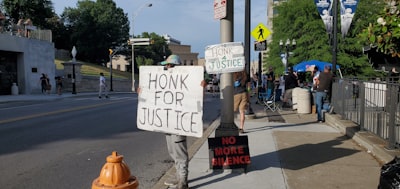The Secret Life of Whistleblowers: Champions, Outcasts, and the Long Road to Justice
Imagine a world where every clampdown on fairness is met by a courageous voice—a voice that says, simply, “No, that’s not right.” Yet history shows us that these brave gestures often come at a price. Whistleblowers and outspoken advocates—whether in governance, media, or the workplace—don’t always become instant heroes. More often, they’re met with resistance, isolation, and even job loss.
The saga of mistreated employees standing up for their ethics is an old one. Just ask Frank Serpico, the New York cop who exposed massive corruption in the NYPD in the 1970s, or Karen Silkwood, who revealed safety violations at a nuclear facility. The cost? Careers derailed, reputations jeopardized, and, in Silkwood's case, a mysterious death.
Why are institutions so oftentimes allergic to accountability? Perhaps it’s the primal urge for self-preservation, or the fear that admitting error will unleash uncontrollable change. Or perhaps it’s something subtler: the “shoot the messenger” reflex that runs deep in human society.
But here’s a paradox: In the long arc of progress, it’s usually the whistleblowers, the dissenters, the Antoinette Lattoufs of the world who nudge us toward a more honest and humane future. What if, instead of shunning those who challenge the status quo, workplaces cultivated a culture where questioning was welcomed, and truth-telling became a collaborative act?
If every silenced voice eventually helps rewrite the rules, perhaps the real surprise is this: Justice, though often slow, is stubbornly persistent.
This article was inspired by the headline: 'Federal Court finds ABC acted improperly in firing Antoinette Lattouf'.

Comments
No comments yet. Be the first to comment!